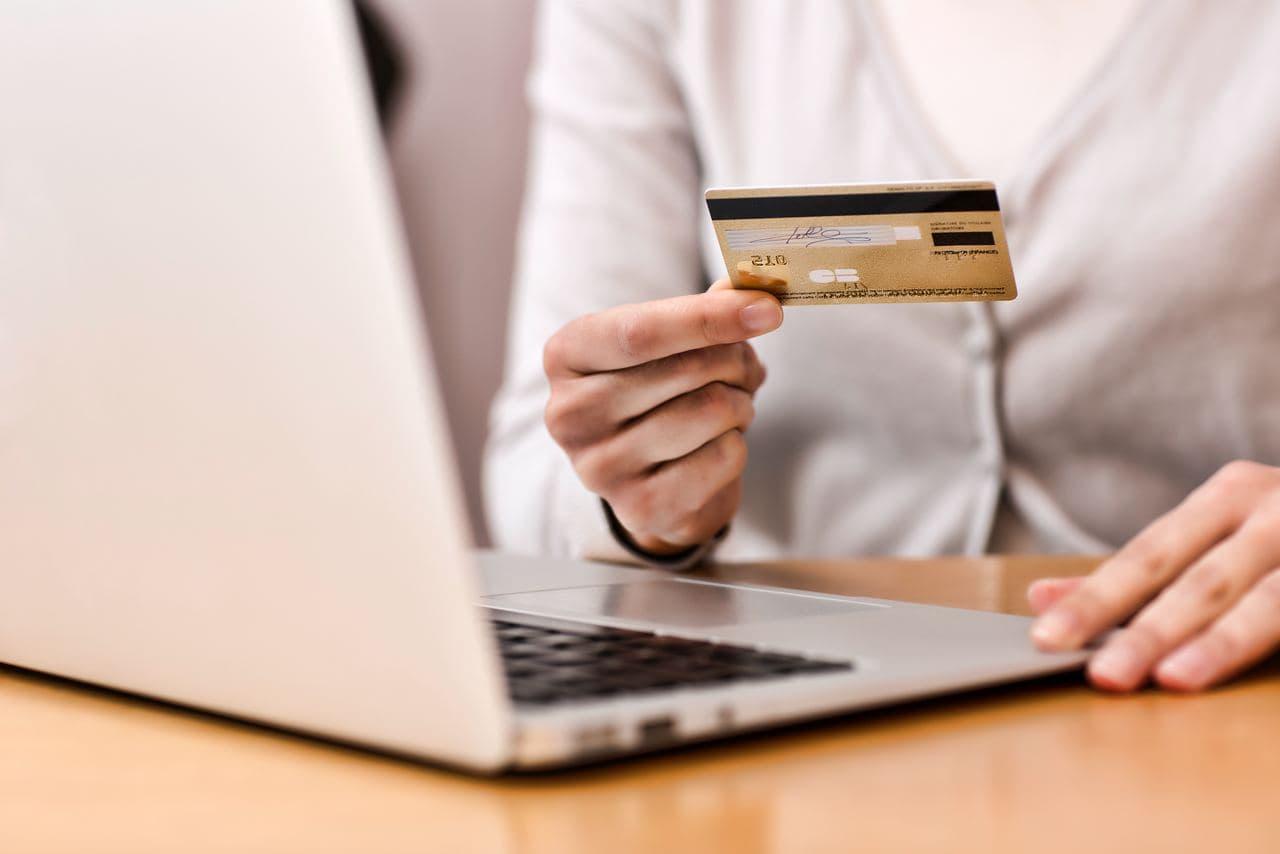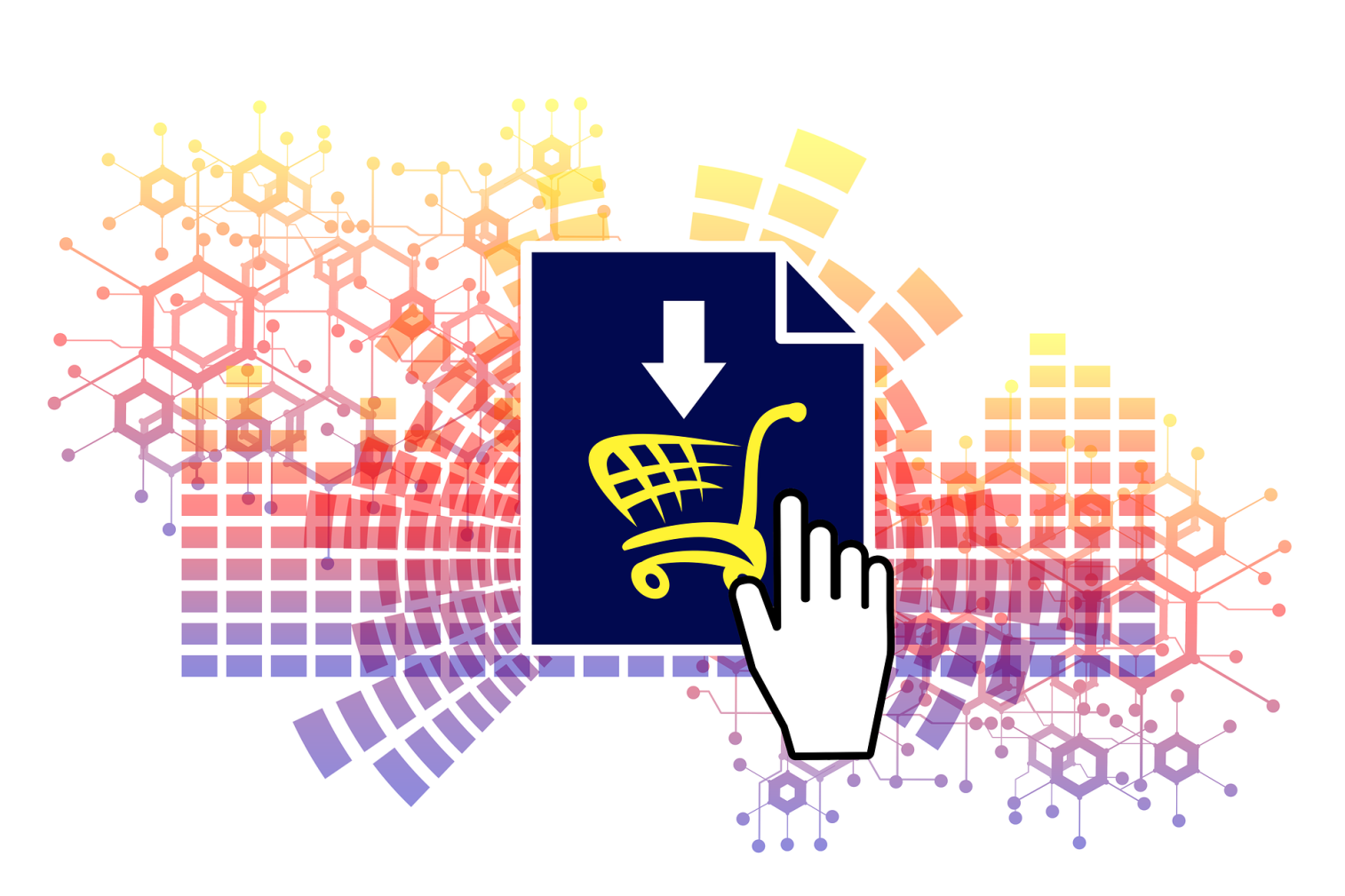When purchasing goods online, we make our lives easier by choosing what we need while sitting at a computer rather than running around stores. The convenience of modern marketplaces allows us to compare prices and choose the best quality products. There are many sellers in such online stores, and it's possible to encounter a scammer. Fraudsters actively operate on popular marketplaces, deceiving people when selling both new and used goods.
Fraud on Marketplaces
The main goal of a fraudster on a marketplace is to lure buyers, so they come up with various methods:
- set enticing prices;
- ask for prepayment;
- post implausible photos generated by artificial intelligence;
- suggest continuing communication on social networks to complete the purchase;
- send items that do not match the selected product, especially if it was paid for.
On marketplaces, there are also buyer scammers who ask to send the product before paying for it, also offer payment methods by cash on delivery, which allows them to swap the product at the post office and refuse the purchase, and send false payment receipts.

Scams on Avito
While browsing ads online, you may come across very attractive offers, but it's important to remember that there are scammers on the Avito site. They usually list cars at unbelievably low prices. It could be a car with hidden flaws, tampered mileage, or it may not match the image in the photo at all. They demand a prepayment, arguing that there are many buyers and to secure the car for yourself, you need to make a guaranteed prepayment. In the end, this amount is not recorded anywhere, and the scammers do not return it.
Fraudsters use call forwarding by listing phone numbers on ad sites that redirect to paid numbers, making it impossible to reach them, but money is deducted from the mobile phone account.
OLX Scams

The popularity of the OLX site attracts many buyers and sellers. Goods are sold here without hindrance, both new and used. Besides private individuals, companies and business firms trade here quite successfully, and fraudsters disguise themselves as such online stores, reacting instantly to sale messages. For example, they send a link that turns out to be malware, collecting personal data.
eBay Scammers
Scammers also actively operate on eBay using the following schemes:
seller profile deletion - after the buyer pays for the product, the seller deletes the profile, and all information about them disappears, the number listed in the profile becomes invalid;
selling fake products - they post fake photos or ones copied from the internet;
ask for prepayment, supposedly to confirm that the buyer will definitely pick up the product, but after receiving the prepayment, the seller also disappears.
Scams on Classified Ads
Fraudsters post phishing messages with a link that must be followed to get a good offer or buy a product on sale, the buyer becomes a scam victim, gets deceived, and easily gives away information or is asked to provide personal information, which the scammer uses for fake transactions or appropriates for themselves.
Fake Online Sellers
Fraudsters on marketplaces copy pages that visually resemble those of well-known trading companies, allowing them to receive prepayments from clients for the product, after which they delete the fake page and scam the buyer. Fake sellers do not send the product or send it but it does not match the order. They post fake photos, receive prepayments, and disappear.

How Not to Get Scammed on Marketplaces
To avoid falling victim to scammers and not get scammed on marketplaces, it's necessary to check the seller's page, which must include such details - the seller's first and last name, profile picture, and listed successful sales.
- You should inquire about what other products this seller offers on the marketplace.
- You need to familiarize yourself with the product description and compare the offered price with other sellers.
- Use Google search system to check the originality of the product photos.
- If there are phrases about the last product, super discount, or urgent purchase, that's not a good sign.
- Do not use sent links.
- Do not approve communication in third-party messengers.
- You should not send prepayments, especially to a personal bank card.
There is an internal purchase system for all payments, where the seller receives payment to a special account registered in the marketplace application and is paid after the product is received by the buyers.
Fake Reviews on Marketplaces

By creating fake sites, fraudsters order fake reviews of the offered product, as the product may not exist in reality with the seller, and to attract buyers, they write false reviews from grateful buyers, where more advertising of the product is noted and individual thoughts and feelings from the first person are not tracked.
